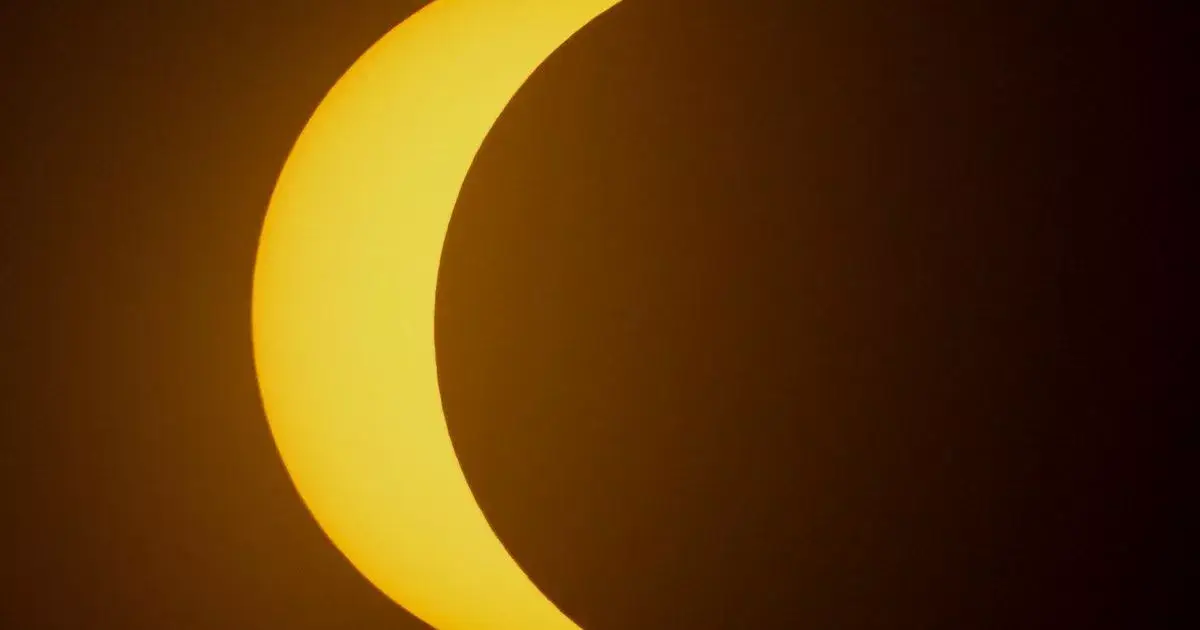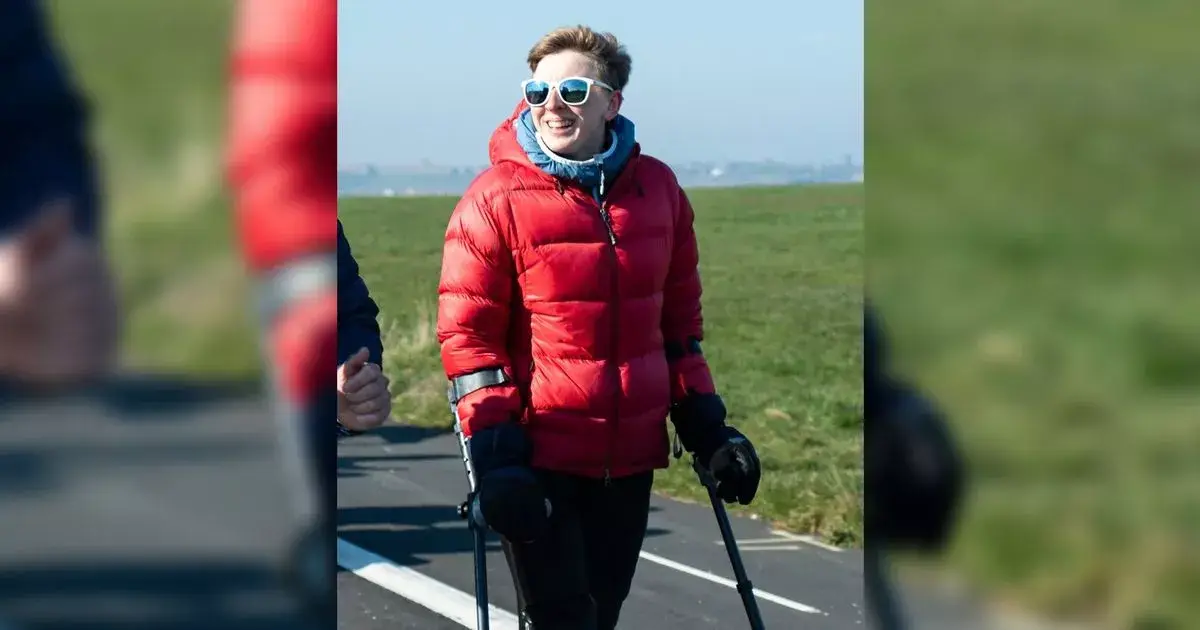Partial Solar Eclipse Expected Across the UK Today
A partial solar eclipse will occur this morning (Saturday, March 29) across the UK. Warnings have been issued not to look directly at the Sun for safety reasons.
A partial solar eclipse will take place this morning (Saturday, March 29), with safety warnings advising against looking directly at the Sun. The eclipse happens when the Moon moves between the Sun and the Earth, causing the Moon to block some of the Sun's rays.
However, the three celestial bodies will not align perfectly, meaning only part of the Sun will be covered. The eclipse is expected to be visible across the UK from 9:56 AM to 12:14 PM on Saturday, with the maximum coverage occurring at 11:03 AM, when the greatest percentage of the Sun will be obscured.
Some areas in the UK will experience more coverage than others. North-west Scotland, particularly Gallan Head, is expected to see the most coverage, with 47.9% of the Sun blocked. Meanwhile, Dover in south-east England will witness the least coverage, with only 28.1% of the Sun obscured, and Manchester is expected to see 36.1% coverage.
Met Office meteorologist Alex Burkill explained, 'The further northwest you are in the UK, the more of the eclipse you are likely to experience, while in the southeast, it will be a little less – but still around 30%, which is still a significant portion of the Sun.'
Cloud cover maps from the Met Office indicate clear skies across the South West as the eclipse begins. However, there will be partial cloud cover over Manchester and north-west England, as well as heavier cloud cover across most of Scotland. Unfortunately, some areas expected to have the best eclipse visibility are also likely to experience cloud and rain during the event.
Anna Gammon-Ross, an astronomer at the Royal Observatory Greenwich, emphasized the importance of safety, stating, 'Please never look at the Sun directly, even during an eclipse! The Sun produces more light than our eyes can safely process.' The NHS has warned that looking directly at the Sun can lead to permanent eye damage, such as solar retinopathy, which may cause lasting symptoms, including blurred vision or even blindness.
Remember to avoid looking directly at the eclipse and use special solar sunglasses or a pinhole camera to safely observe the phenomenon.













Comments